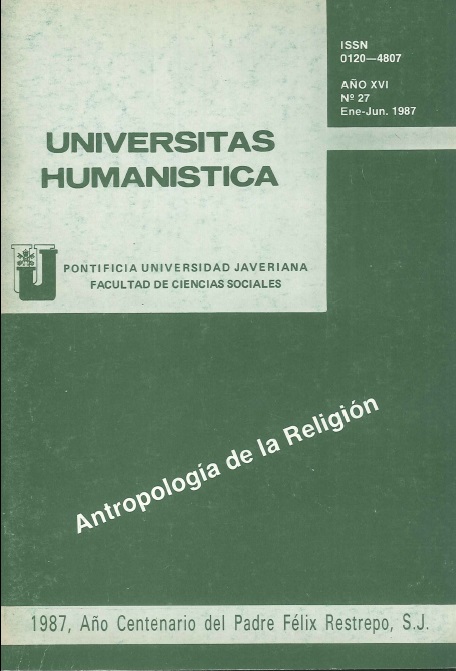Abstract
La muerte como objeto de interés humano
La muerte es ciertamente uno de los hechos básicos de la vida. Sin embargo por su propia naturaleza es misteriosa e inevitable. Desde los comienzos de la humanidad, el hombre se ha esforzado en darle un significado, una explicación. De todas las etapas del ciclo vital de los seres humanos, la muerte es la crisis que más lo ha impactado. El hombre de todas las culturas, de todos los tiempos, ha sentido temor por la muerte, temor por lo que sigue después de ésta, y temor por lo desconocido que ella implica. Su situación de impotencia ante la muerte, la ha rodeado de todo tipo de creencias, rituales y expresiones culturales. La muerte y lo relacionado con la muerte siempre ha sido importante para los seres humanos; sin embargo, hoy en día, el tema cobra un inusitado interés. Aparecen toda suerte de publicaciones con los más diversos enfoques acerca de ésta temática. El tema ha sido abordado desde distintas perspectivas, que van desde las puramente médicas hasta los más ingeniosos estudios y especulaciones sobre loque nos ocurre después de la muerte física.

This journal provides immediate open access to its content on the principle that making research freely available to the public, encourages greater global exchange of knowledge.
The journal Universitas Humanística is registered under a Creative Commons Attribution 4.0 International Public License. Thus, this work may be reproduced, distributed, and publicly shared in digital format, as long as the names of the authors and Pontificia Universidad Javeriana are acknowledged. Others are allowed to quote, adapt, transform, auto-archive, republish, and create based on this material, for any purpose (even commercial ones), provided the authorship is duly acknowledged, a link to the original work is provided, and it is specified if changes have been made. Pontificia Universidad Javeriana does not hold the rights of published works and the authors are solely responsible for the contents of their works; they keep the moral, intellectual, privacy, and publicity rights.
Approving the intervention of the work (review, copy-editing, translation, layout) and the following outreach, are granted through an use license and not through an assignment of rights. This means the journal and Pontificia Universidad Javeriana cannot be held responsible for any ethical malpractice by the authors. As a consequence of the protection granted by the use license, the journal is not required to publish recantations or modify information already published, unless the errata stems from the editorial management process. Publishing contents in this journal does not generate royalties for contributors.


